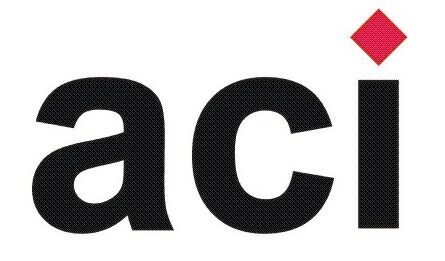Creating exceptional educational outcomes
A 2-hour Webinar
7th December 2022
Presented by: Dr Panagiotis Fotaris, University of Brighton, UK
 Optimising student engagement in learning is often an issue of significant concern and the employment of Game Based Learning techniques can produce excellent results. Properly designed and executed, Game Based Learning provides an environment in which students can experience first-hand the benefits of collaborative learning and in so doing develop skills in communication, critical thinking and decision making. Escape Rooms or Puzzle Orientated Scenarios is an educational approach growing in popularity with both faculty and students. However, the conceptualisation, development, and operationalisation of such games for educational purposes requires careful planning, and this webinar offers an overview of the issues involved.
Optimising student engagement in learning is often an issue of significant concern and the employment of Game Based Learning techniques can produce excellent results. Properly designed and executed, Game Based Learning provides an environment in which students can experience first-hand the benefits of collaborative learning and in so doing develop skills in communication, critical thinking and decision making. Escape Rooms or Puzzle Orientated Scenarios is an educational approach growing in popularity with both faculty and students. However, the conceptualisation, development, and operationalisation of such games for educational purposes requires careful planning, and this webinar offers an overview of the issues involved.
During this webinar participants will be introduced to an approach to develop Escape Rooms for their own students, which will cover the wide range of issues listed below. In addition, participants will be supplied with additional resources with which they will be able to further develop their knowledge of Escape Room and Puzzle Based Learning.
This Webinar is relevant to academics from most Faculties, Departments and Schools who are interested in learning more about how Game Based Learning, and in particular Escape Rooms can be applied as a teaching and learning tool.
The following issues are addressed in this webinar:
What is an Escape Room?
- Escape room definition and core loop
- Escape room types and examples
Educational Escape Rooms
- Why use educational escape rooms?
- Benefits: Intrapersonal, interpersonal, and academic skills
Room2Educ8 Framework
- A framework to design educational escape rooms based on Design Thinking principles
Step 1: Empathise
- Understand your learners, learner personas
Step 2: Define
- Problem statement
- M.A.R.T. goals, Learning objectives
- Constraints, Required knowledge
- Group size, Game type, Playtime length
- Positioning within the course curriculum
Step 3: Contextualise
- Theme, setting, story and characters
- Physical environment
Step 4: Design
- Puzzle types, structures, design principles
- Game flow and assets
- Hint and scoring systems
- Development tools and resources
Step 5: Briefing
- The role of the Gamemaster
- Briefing content (intro, rules, rewards)
Step 6: Debriefing
- Debriefing process
- Sample debriefing questions
Step 7: Prototype
- Lo- and hi-fi prototypes
- Playtesting
Step 8: Documentation
- Game Design Document
- Facilitator guide
- Setup/reset instructions
Step 9: Evaluation
- Evaluation methods
The webinar will be held on Wednesday 7th December 2022 from 2:00pm-4:00pm (GMT) via Zoom. The Zoom Room will open at 1:45 pm (GMT).
The cost of attending this webinar is £40.00 + VAT @ 20% per participant. Group discounts are available on request.
For questions about the event contact dan.remenyi@academic-publishing.org
Download the details here: Game Based Learning through Escape Rooms in Education
